The world is reeling with the Covid-19 pandemic for over a year and a half now. The pandemic has led to a huge loss of human life all over the world and poses an unprecedented challenge to food systems, economy, and public health. If there’s one thing that has helped/is helping one cope with this infectious disease, is a strong and robust immune system. In order to do so, you should definitely add immunity boosters to your daily diet. Apart from it, proactive and proper hygiene practices are effective ways to prevent the further spread of this infectious disease. While all these practices have become what we refer to as the “new normal”, let’s look at some of them in more detail to understand how to keep Covid-19 at bay.
Effective Ways To Keep Covid-19 at Bay
They say, ‘prevention is better than cure’. Let us look at some of the best ways in which you can be a little responsible in keeping Covid-19 at bay.
● Wash hands or use hand sanitizers: As kids, one of the basic things that we are taught is to wash our hands ever so often, especially when we touch something new. This is a good habit our parents inculcated in us very early on in our lives that helped us stay fit and protected from all kinds of germs and infectious pathogens. After all, washing our hands helps remove dirt and germs that prevent the spread of infections and diseases. This is also an important step you take towards your personal hygiene. Today, in the midst of the ongoing pandemic, a simple habit such as hand washing frequently can go a long way in keeping you and your loved ones safe. But what does one day when they find themselves without access to water or soap. It’s simple - use a hand sanitizer. Hand sanitizers are available in the form of a liquid or gel, with at least 60% alcohol, that is used to keep your hands clean by killing infection-causing microorganisms. Always having a hand sanitizer or disinfectant handy, is a good way to be well-equipped in keeping oneself protected against Covid-19 and other infectious diseases. Refrain from biting your fingernails or rubbing your eyes and if you've got young kids, discourage them from thumb-sucking without washing their hands.
● Take vitamin supplements to meet your nutritional requirements:
If there’s one thing that the ongoing Covid-19 pandemic has made us realise, is the need to build a robust and strong immune system. While we agree that there are no foods or dietary supplements that promise to prevent or cure Covid-19 infection, healthy and nutritious diets act as immunity boosters that play a vital role in strengthening your immune system. Immunity boosting foods such as cruciferous and green leafy vegetables, citrus fruits, probiotics, seafood, poultry, seeds and nuts, legumes and pulses, herbs and spices contain essential micronutrients like vitamin C, D, A, E, K, B-complex, magnesium, zinc, iron, potassium, and antioxidants that help defend the body against the harmful pathogens and germs that cause the disease.
There’s enough scientific evidence that shows that a person suffering from vitamin D deficiency has the potential to experience more severe symptoms of coronavirus than those whose vitamin D levels are within a healthy range. Vitamin D has antiinflammatory potential that may aid the body in improving its immune response to the virus. During the lockdown, lack of sufficient exposure to the sun has resulted in many people developing a serious deficiency of this vitamin. That is why it is almost imperative that you include foods that are rich in this micronutrient. If the food you eat falls short of meeting your vitamin D requirements, you can try Well Being Nutrition's vitamin D3 Melts that are formulated using natural ingredients that are a safe and steady source of the vitamin. It contains specially sourced organic plants called lichen (which naturally stores vitamin D3), coconut oil, pure vitamin K2 extracted from fermented chickpeas, and astaxanthin (an important antioxidant).
You can also try out other immunity boosting products that Wellbeing Nutrition has to offer such as Daily Greens, Grandma’s Kadha, Probiotics + Prebiotics, and Apple Cider Vinegar,with 2x the mother that will help support your immune system further.
● Wear masks: Masks have become a necessary accessory that one cannot do without in the post pandemic era. In order to curb the spread of the Covid-19 virus, we need to wear masks every time we step outside. These masks act as protective gears that help lower the chances of coronavirus from entering our respiratory system through the air we breathe. Wearing masks is even important for those living or working in densely populated areas. While a mask alone is not sufficient to provide a sufficient level of protection against Covid-19, it is important nonetheless in protecting you from the transmission of this virus and that’s why it is essential that you always wear a mask. Additionally, ensure that you don’t reuse masks, gloves or any other personal care device without cleaning them. This is also useful in terms of covering your face when coughing or sneezing to avoid spreading germs to others.
● Social distancing: This is perhaps the most important way in which you can keep Covid-19 at bay. You may wear a mask all the time and keep a hand sanitizer handy always but if you fail to observe social distancing, you’ll still place yourself at risk of getting the virus. It is essential to note that the virus responsible for Covid-19 gets transmitted primarily from person to person. That’s why, coming in close contact with a sick person can automatically put you at risk of contracting the virus. Once you get the infection, how you cope with it depends on your individual immunity. So in order to avoid contracting the infection in the first place, it’s best to strictly observe social distancing.
Final Takeaway
Covid-19 has changed our lives drastically. It has brought with it a lot of awareness as far as self care is concerned. During and after the pandemic, however, we need to inculcate even greater awareness, shared action, and ordinary civic conduct backed by sufficient scientific evidence on spread of emerging infectious disease agents such as coronavirus. Now, several months into the pandemic crisis, we must continue to educate and question ourselves, our family members, friends, colleagues and the general public on behaviours that pose a serious risk to our health and wellbeing or continue to perpetuate this crisis in hand.
References:
- LoGiudice SH, Liebhaber A, Schöder H. Overcoming the COVID-19 Crisis and Planning for the Future. J Nucl Med. 2020;61(8):1096-1101. doi:10.2967/jnumed.120.250522. (https://www.ncbi.nlm.nih.gov/pmc/articles/PMC7413231/)
- Alzyood M, Jackson D, Aveyard H, Brooke J. COVID-19 reinforces the importance of handwashing. J Clin Nurs. 2020;29(15-16):2760-2761. doi:10.1111/jocn.15313. (https://www.ncbi.nlm.nih.gov/pmc/articles/PMC7267118/)
- Singh P, Potlia I, Malhotra S, Dubey H, Chauhan H. Hand Sanitizer an Alternative to Hand Washing—A Review of Literature. Journal of Advanced Oral Research. 2020;11(2):137-142. doi:10.1177/2320206820939403. (https://journals.sagepub.com/doi/full/10.1177/2320206820939403)
- Coronavirus disease (COVID‐19) and immunity booster green foods: A mini review, Muhammad Sajid Arshad, Urooj Khan, Anam Sadiq, Waseem Khalid, Muhammad Hussain, Ammara Yasmeen, Zubia Asghar, Hafiza Rehana, Food Sci Nutr. 2020 Aug; 8(8): 3971–3976. Published online 2020 Jun 18. doi: 10.1002/fsn3.1719, PMCID: PMC7300634. (https://www.ncbi.nlm.nih.gov/pmc/articles/PMC7300634/)
- Vitamin D and COVID-19 susceptibility and severity in the COVID-19 Host Genetics Initiative: A Mendelian randomization study, Guillaume Butler-Laporte ,Tomoko Nakanishi ,Vincent Mooser,David R. Morrison,Tala Abdullah,Olumide Adeleye,Noor Mamlouk,Nofar Kimchi,Zaman Afrasiabi,Nardin Rezk,Annarita Giliberti,Alessandra Renieri,Yiheng Chen, [ ... ],J. Brent Richards, Published: June 1, 2021, https://doi.org/10.1371/journal.pmed.1003605. (https://journals.plos.org/plosmedicine/article?id=10.1371/journal.pmed.1003605)
- Wang J, Pan L, Tang S, Ji JS, Shi X. Mask use during COVID-19: A risk adjusted strategy. Environ Pollut. 2020;266(Pt 1):115099. doi:10.1016/j.envpol.2020.115099. (https://www.ncbi.nlm.nih.gov/pmc/articles/PMC7314683/)
- Qian M, Jiang J. COVID-19 and social distancing [published online ahead of print, 2020 May 25]. Z Gesundh Wiss. 2020;1-3. doi:10.1007/s10389-020-01321-z. (https://www.ncbi.nlm.nih.gov/pmc/articles/PMC7247774/)












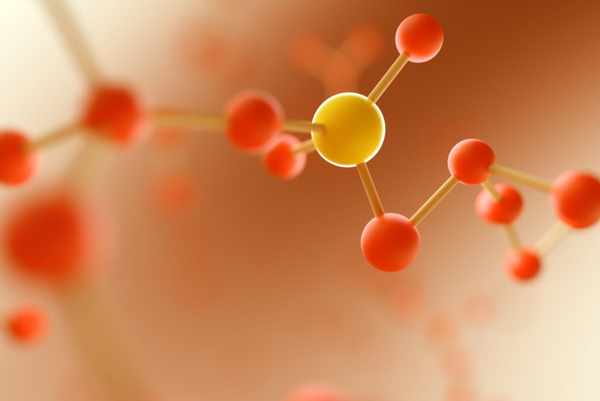

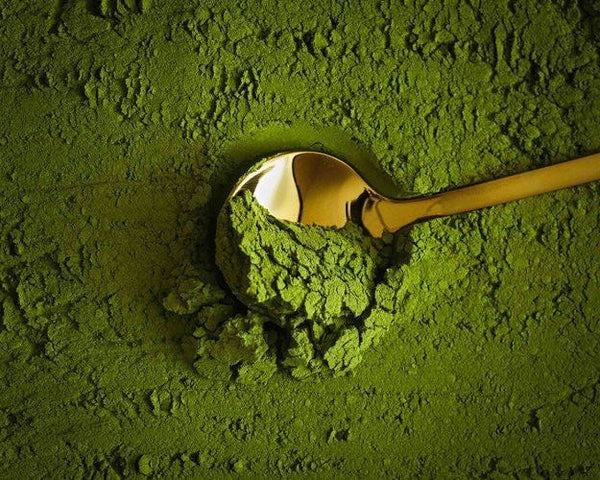
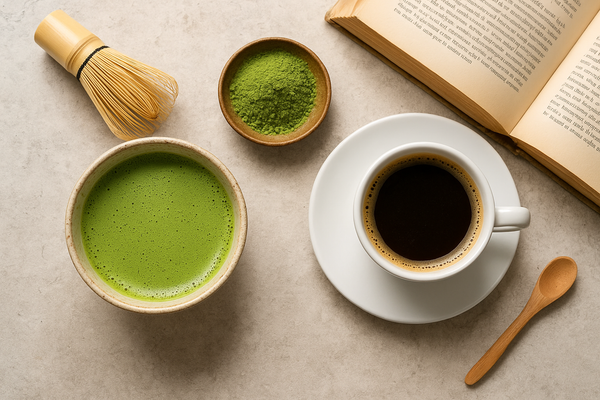
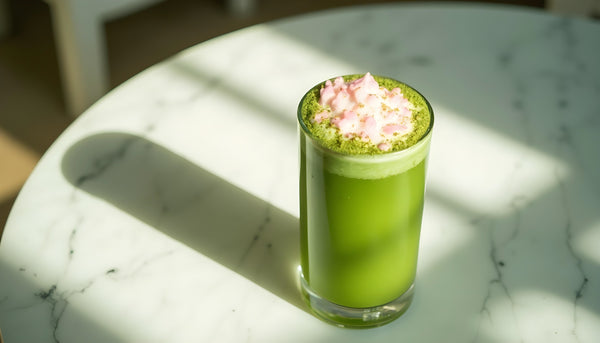
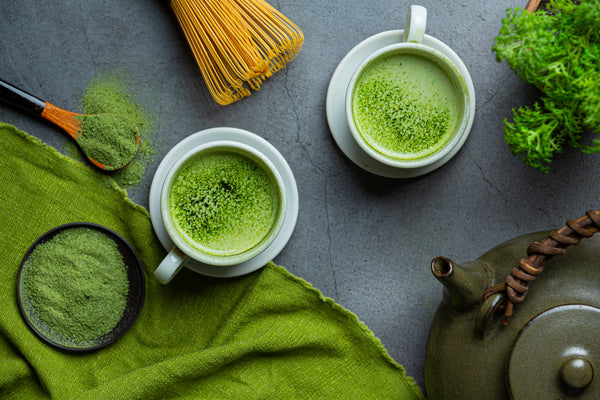
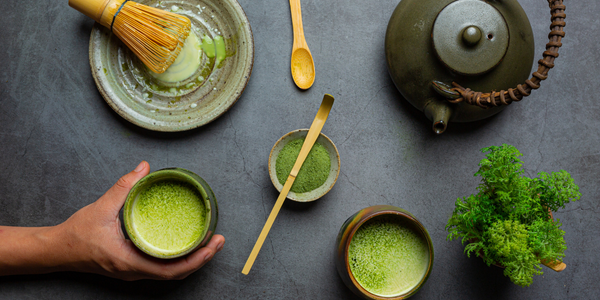
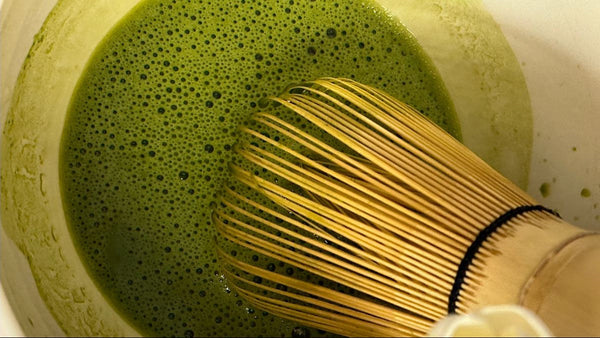
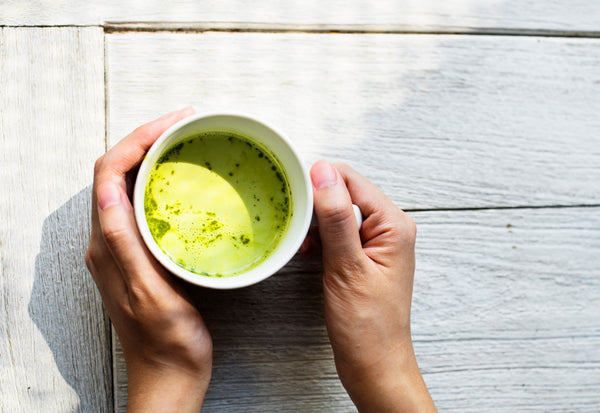






 DOWNLOAD NOW
DOWNLOAD NOW
